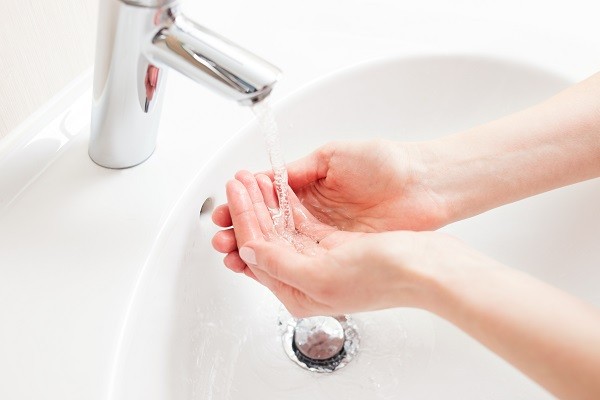I see what you're getting at.
我明白你所說的了。
What's interesting is that people tend to exaggerate when they're asked about hand- washing.
有意思的是人們傾向于夸大洗手的次數。
In surveys, ninety-five percent of people claim to wash their hands every time, when the actual observed percentage is much lower.
在調查中,95%的人聲稱他們每次都洗手,而實際觀察到的比率要遠低于這個數字。
So think about the fact that only around seventy-five percent of people claim to wash their hands after sneezing or coughing!
想想打噴嚏和咳嗽后有75%的人聲稱會洗手的事實。

The actual numbers there are much lower too, huh?
實際數字要比那低得多,對吧?
Probably. On the bright side, since the SARS outbreak in Toronto, hand-washing rates at the airport have been near to one hundred percent.
很可能。而好的方面是,自從SARS在多倫多爆發后,在機場洗手的比率接近百分百。
So all it takes to get people scrubbing diligently is a major epidemic.
所以需要做的就是讓勤洗手成為一種習慣。
You call that a bright side?
你覺得這是積極的方面?
Well, the other alternative is education on the importance of washing hands.
另一方面也要教育人們洗手的重要性,
Now all we need is a catchy slogan.
我們現在需要的就是容易記住的口號。
譯文來自網絡











